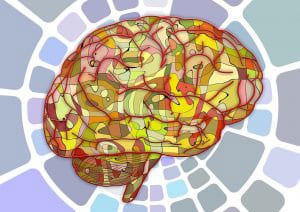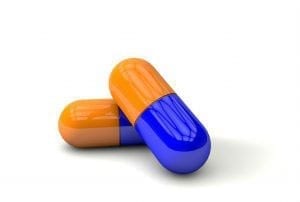Tardive Dyskinesia (TD)
What is tardive dyskinesia (TD)?
Tardive dyskinesia (TD) is a disorder that involves involuntary movements, most often affecting the tongue, lips, and face.
TD is caused by the use of dopamine receptor blocking drugs that are prescribed to treat certain psychiatric or gastrointestinal conditions. People with schizophrenia and other neuropsychiatric disorders are especially vulnerable to developing TD when exposed to neuroleptics, anticholinergics, toxins, and other agents. Neuroleptics block dopamine receptors in the brain that help brain cells to communicate.
What are the symptoms of tardive dyskinesia (TD)?
Symptoms of TD include:
- Facial grimacing
- Finger movement
- Jaw swinging
- Repetitive chewing
- Sticking tongue out
In some cases, the arms and/or legs may also be affected by involuntary rapid, jerking movements (chorea), or slow, writhing movements (athetosis).
How is tardive dyskinesia (TV) diagnosed?
Generally, TD is diagnosed if a person exhibits characteristic symptoms and is currently taking a neuroleptics drug.
Specific conditions for diagnosis are outlined here.
What are the treatments for tardive dyskinesia (TD)?
Treatment for TD primarily consists of discontinuing the neuroleptic drug as soon as characteristic symptoms are identified in people taking the drugs, if medically appropriate.
In 2017, Ingrezza (valbenazine) was FDA approved to treat adults with TD.
Where can I find out more about tardive dyskinesia (TD)?
Tardive Dyskinesia (TD) Articles

Tardive Dyskinesia: Phase 3 Study Results Indicate Improvement with Use of INGREZZA®

The Impact and Challenges of Caring for People with Tardive Dyskinesia


Doctors Should Continue Assessing Patients for Tardive Dyskinesia During Pandemic

Valbenazine Effective in Treating Tardive Dyskinesia Patients

China’s Study on Deep Brain Stimulation Shows Long Term Promise for Tardive Dystonia

The Double-Whammy of Mental Illness and Tardive Dyskinesia Just Got a Little Easier




